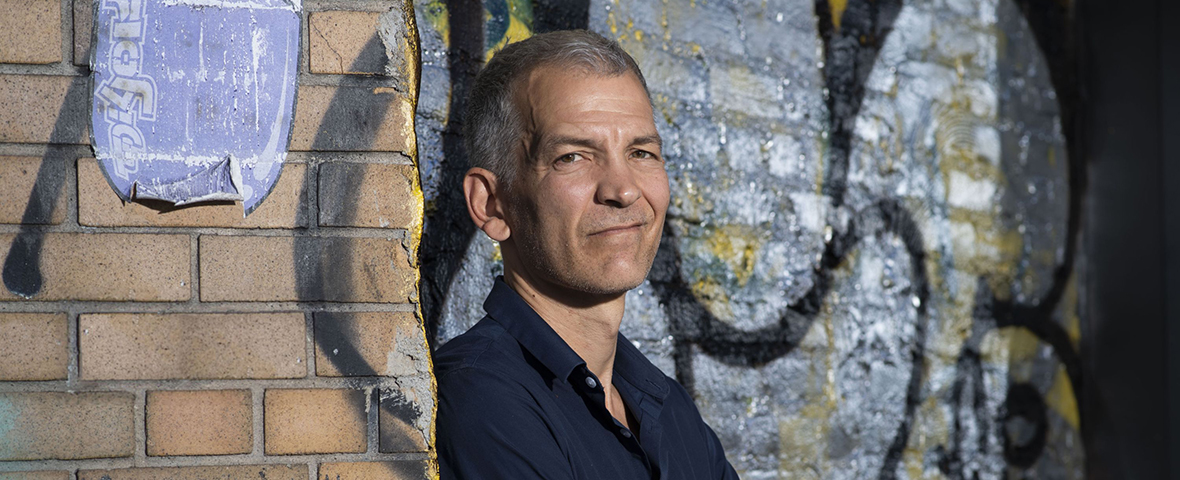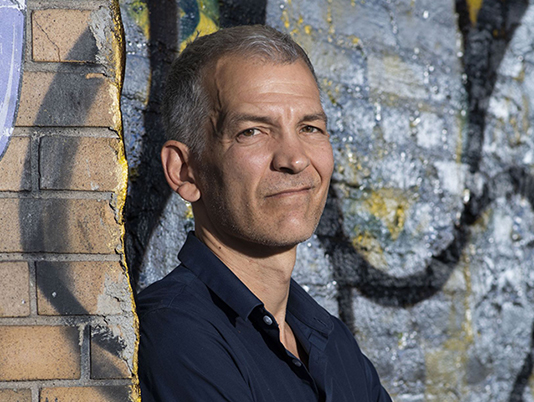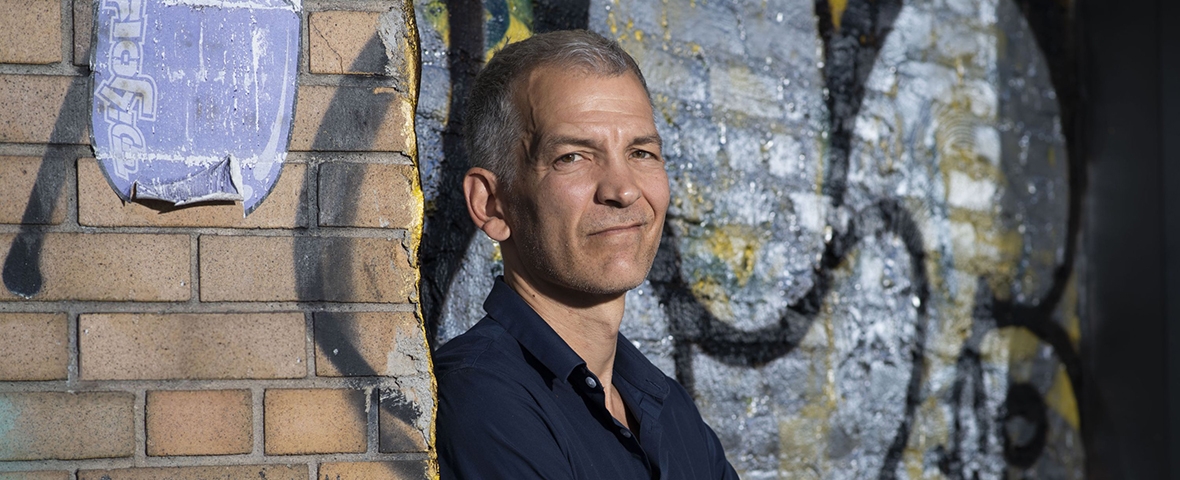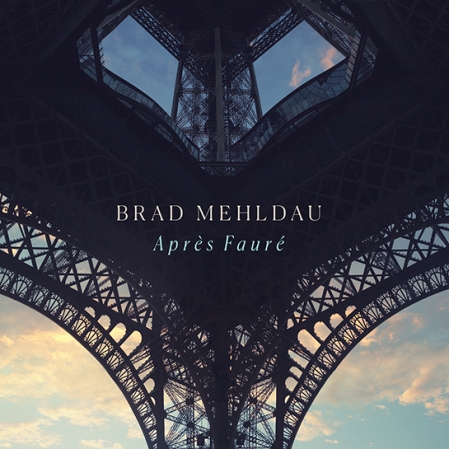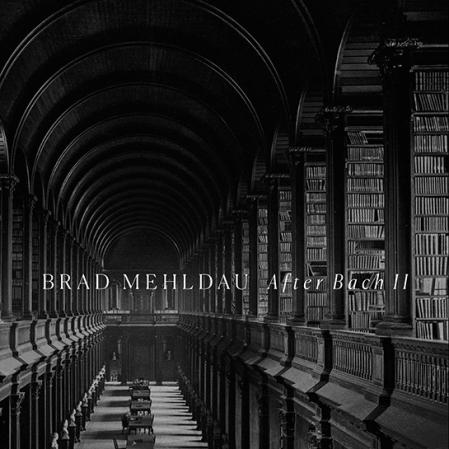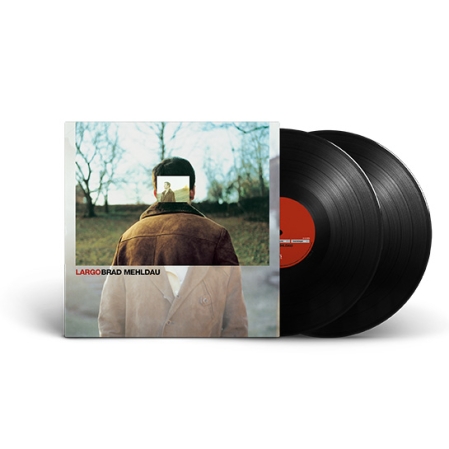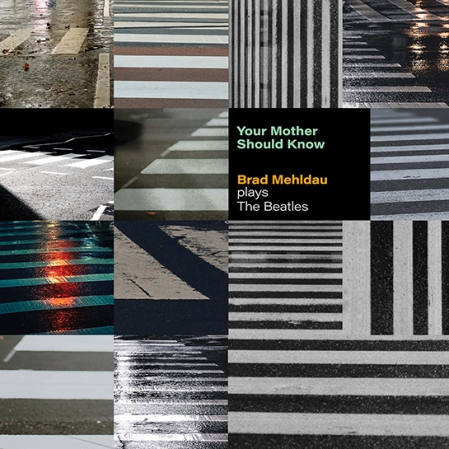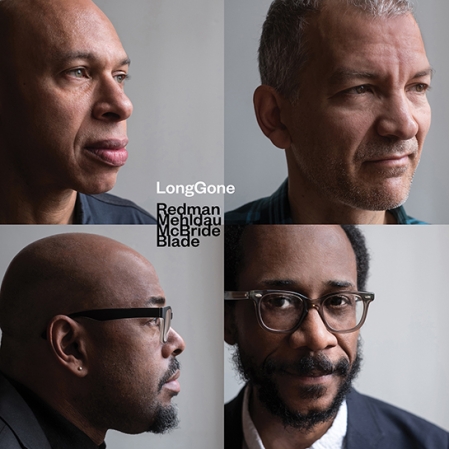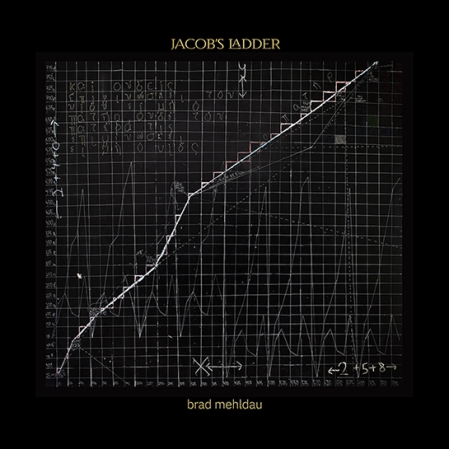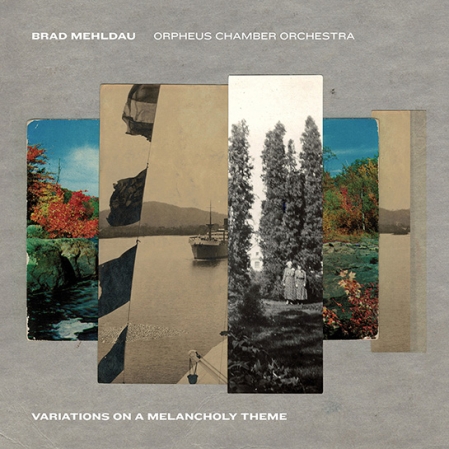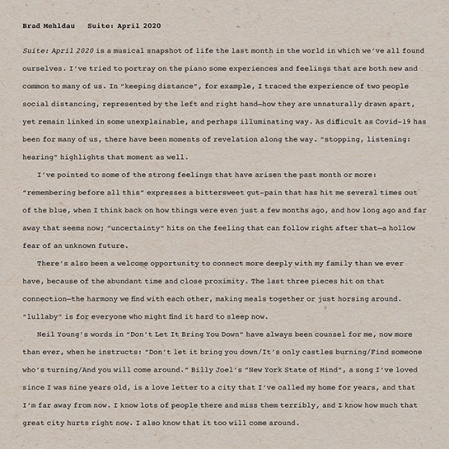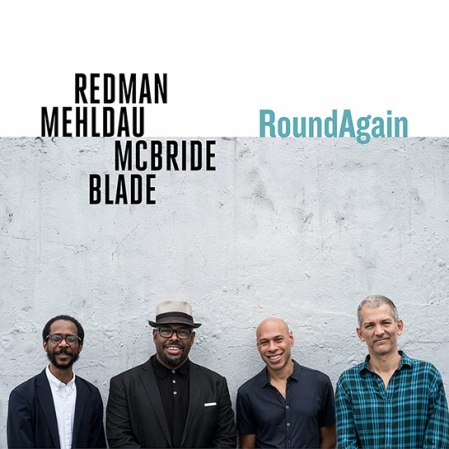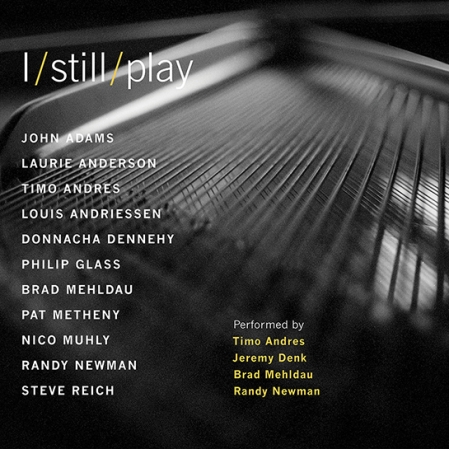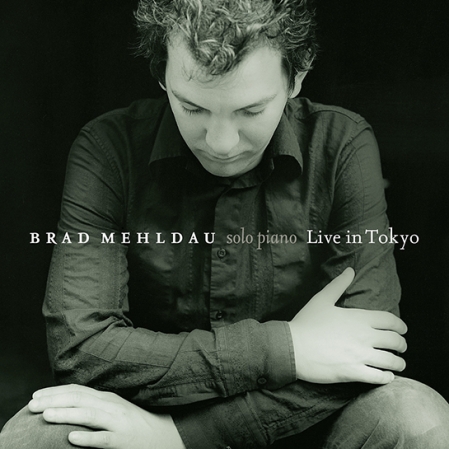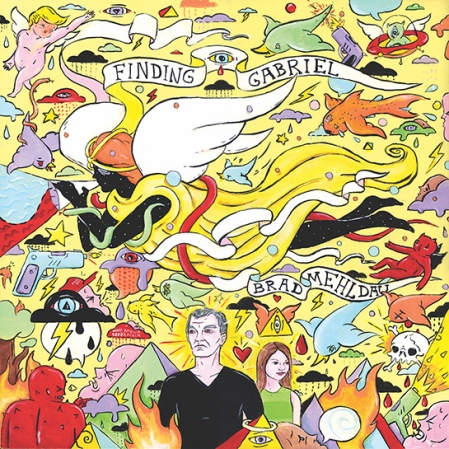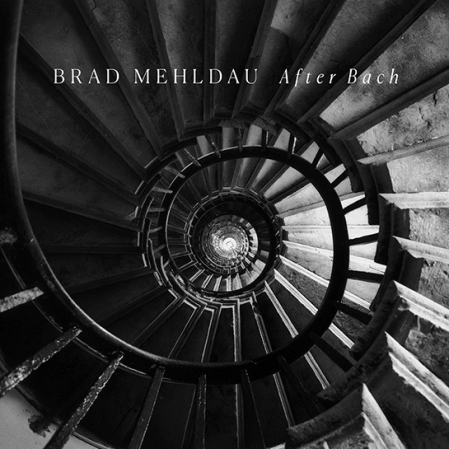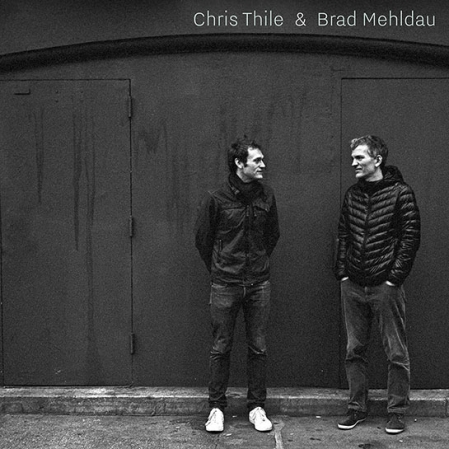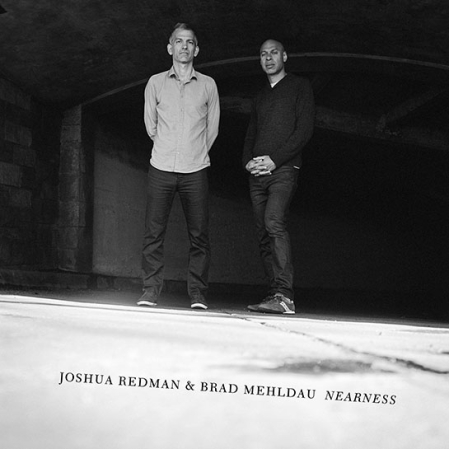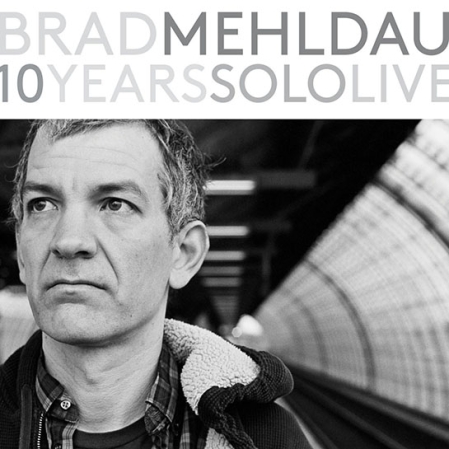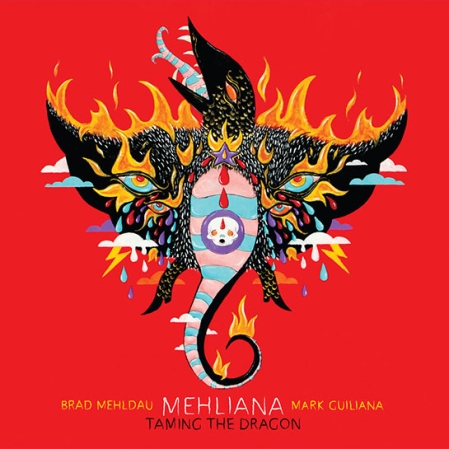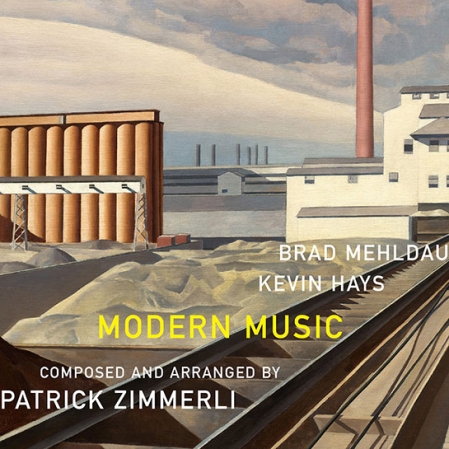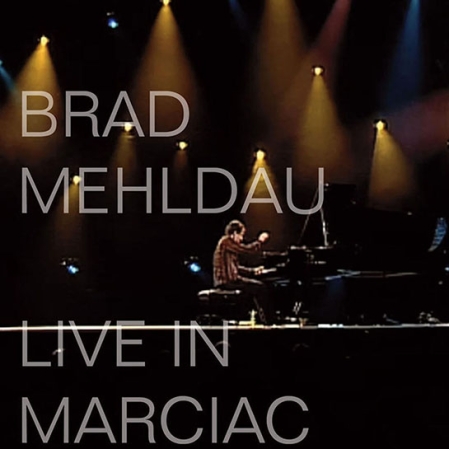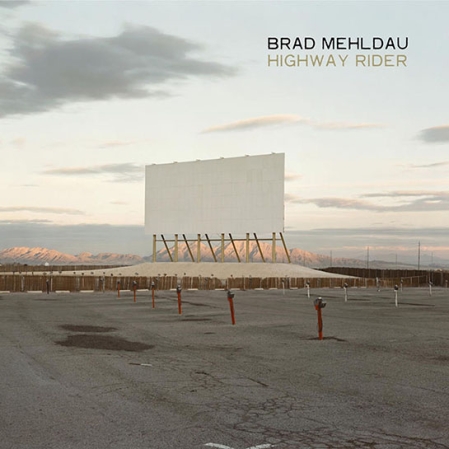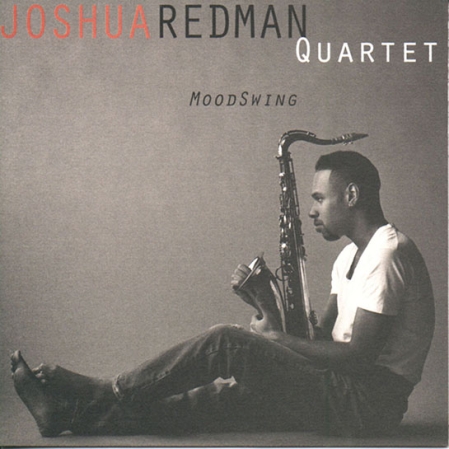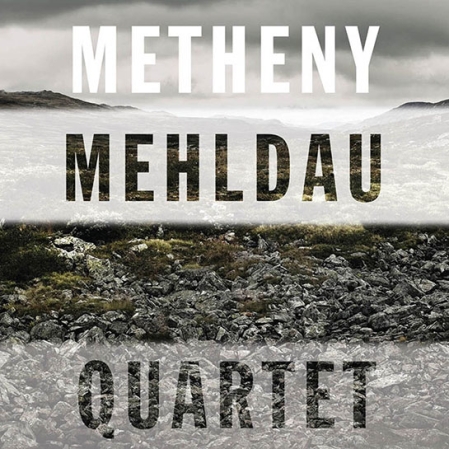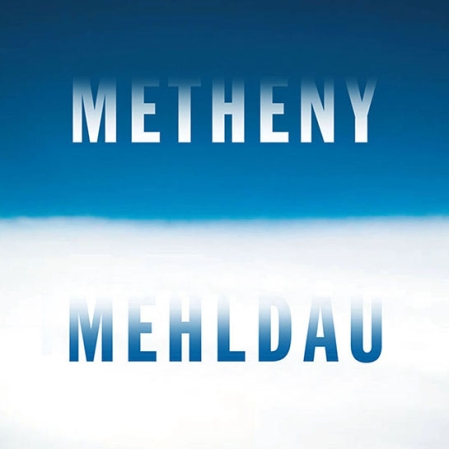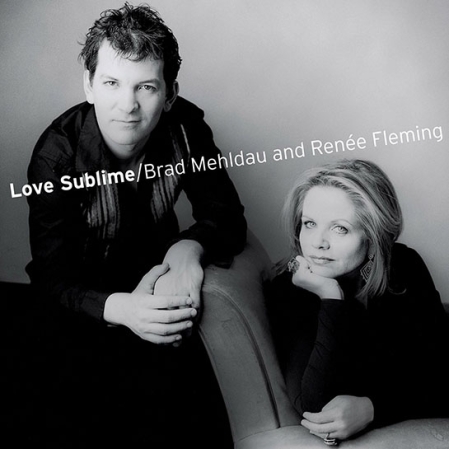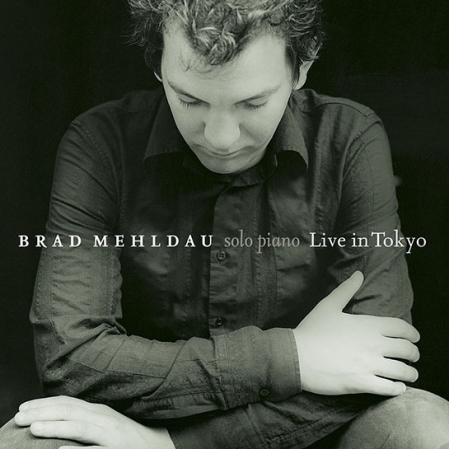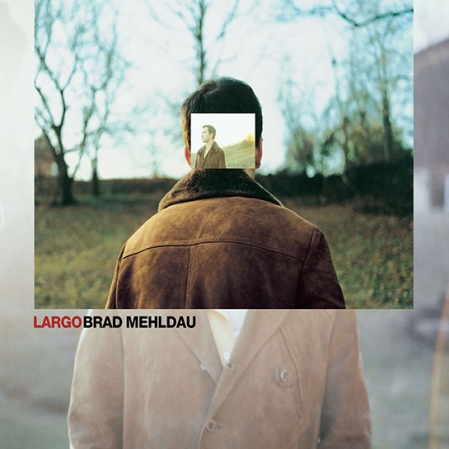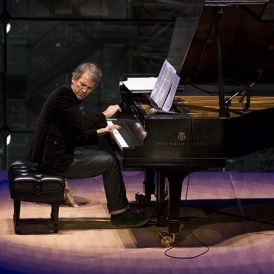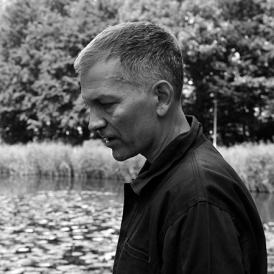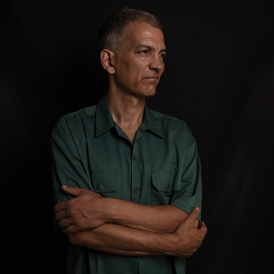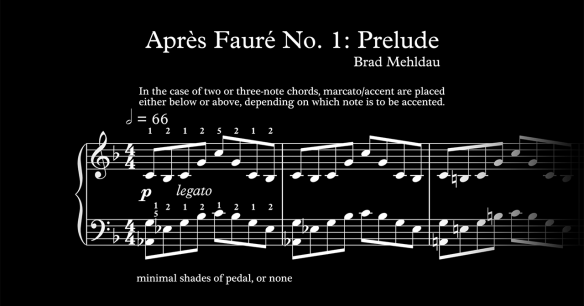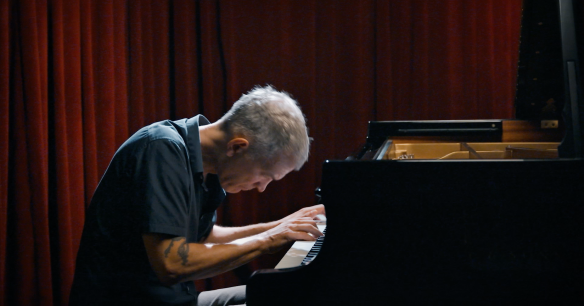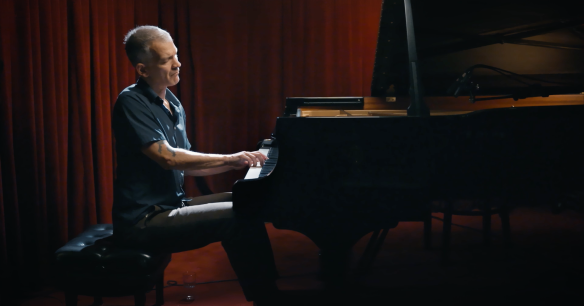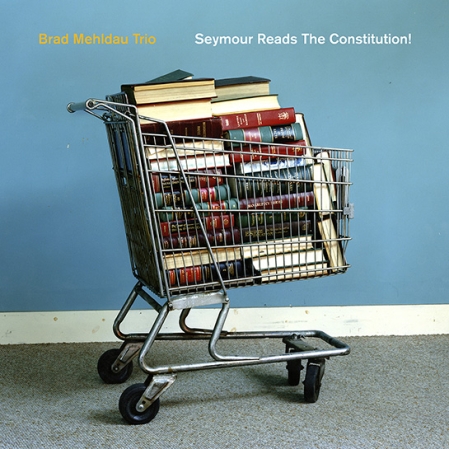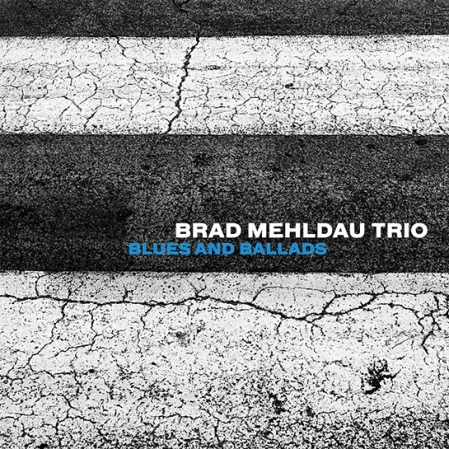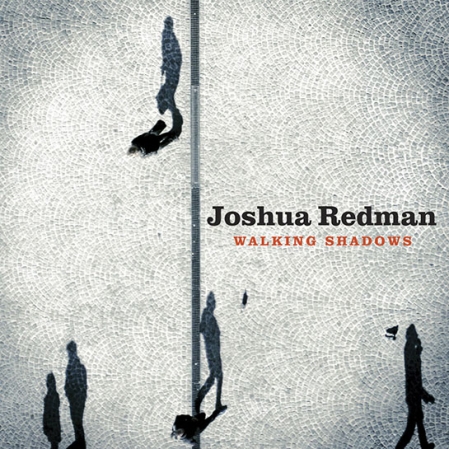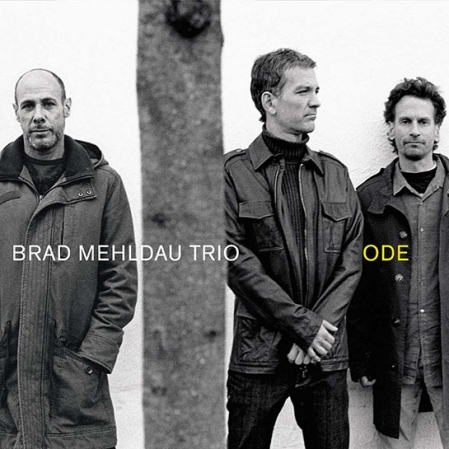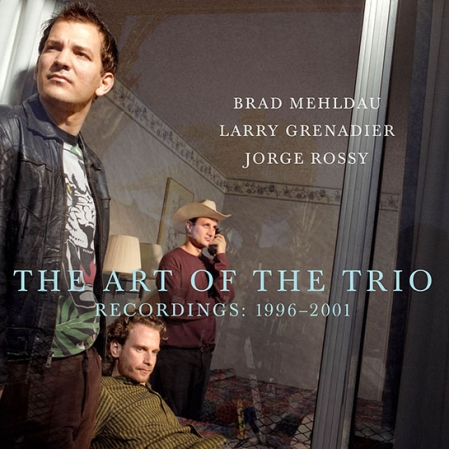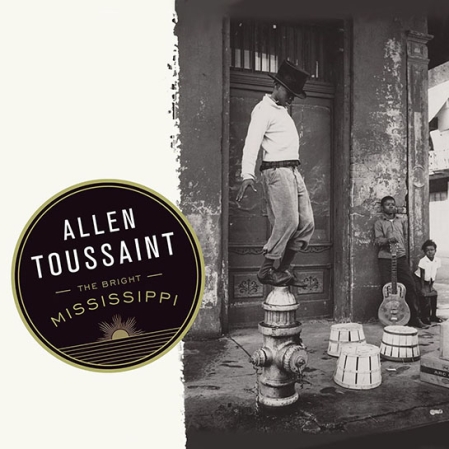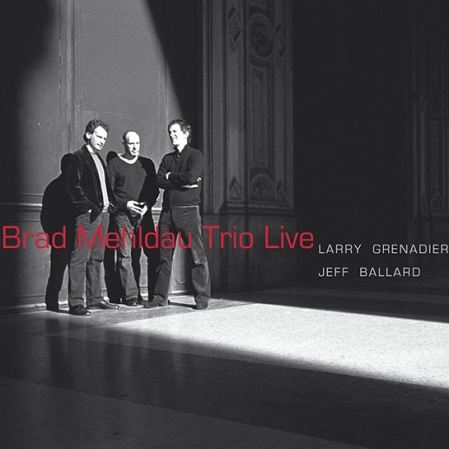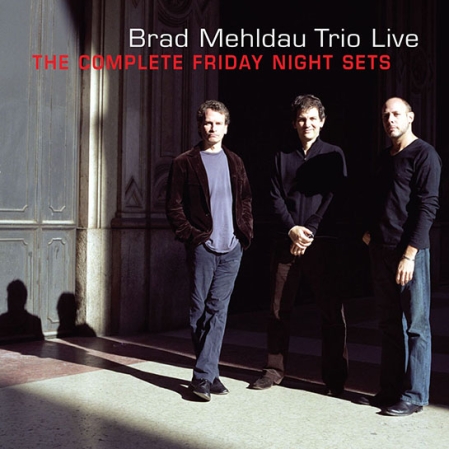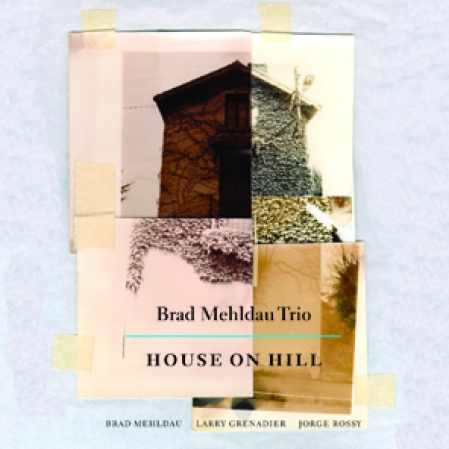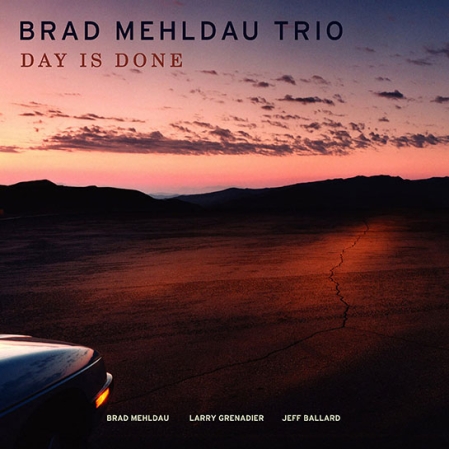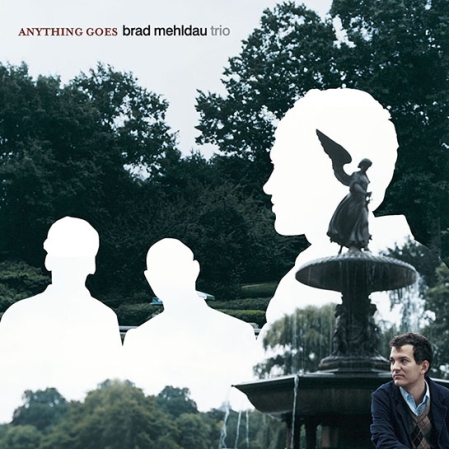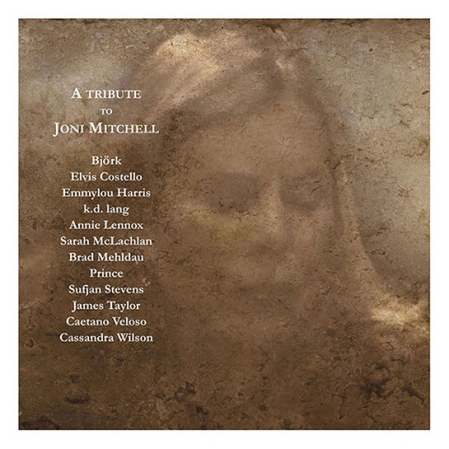Brad Mehldau’s After Bach II and Après Fauré were released May 10. The Bach album comprises four preludes and one fugue from the Well-Tempered Clavier, as well as the Allemande from the fourth Partita, interspersed with seven compositions or improvisations by Mehldau inspired by the complementary works of Bach—including Mehldau’s Variations on Bach’s Goldberg Theme. On Après Fauré, Mehldau performs four nocturnes, from a thirty-seven-year span of Gabriel Fauré’s career, as well as a reduction of an excerpt from the Adagio movement of his Piano Quartet in G Minor. Here Mehldau’s four compositions that Fauré inspired are presented in a group, bookended by two sections featuring the French composer’s works.
Brad Mehldau’s After Bach II and Après Fauré were released May 10, 2024, on Nonesuch Records. The Bach album comprises four preludes and one fugue from the Well-Tempered Clavier, as well as the Allemande from the fourth Partita, interspersed with seven compositions or improvisations by Mehldau inspired by the complementary works of Bach—including Mehldau’s Variations on Bach’s Goldberg Theme. On Après Fauré, Mehldau performs four nocturnes, from a thirty-seven-year span of Gabriel Fauré’s career, as well as a reduction of an excerpt from the Adagio movement of his Piano Quartet in G Minor. Here Mehldau’s four compositions that Fauré inspired are presented in a group, bookended by two sections featuring the French composer’s works. You can get and listen to After Bach II here and Après Fauré here. You can take a quick look inside both CDs here:
Mehldau, speaking of the “universality” of Bach’s music, says in his liner note: “The more you try to engage with him, the more your own personality becomes visible, unavoidably. You are not playing Bach—Bach is playing you, in the sense that he lays you bare ... The greatest choice you make at all times is not out of an absence, but from what is there, in its totality. Specifically, it is the constant choice you make in how to negotiate between harmony and melody.”
He continues, “This is why Bach is a model for me as a jazz musician. In my improvised solos, I want to make melodic phrases that carry harmonic implication, and create harmony that moves in a melodic fashion. This is a crucial component in the storytelling.” After Bach II follows 2018’s After Bach album, which originated in a work Mehldau first performed in 2015—commissioned by Carnegie Hall, The Royal Conservatory of Music, The National Concert Hall, and Wigmore Hall—called Three Pieces After Bach. Two of Mehldau’s compositions from that program were presented on the After Bach album; his virtuosic third piece, Toccata, is included on After Bach II.
Discussing the Après Fauré album in his note, Mehldau says: “If the sublime foreshadows our mortality, this music might communicate the austerity of death—Fauré’s as it approached him, but also the apprehension of our own. We find a kinship with the composer finally, in the form of a question that he tossed off into the future, to us. I have composed four pieces to accompany Fauré’s music here, to share the way I have engaged with Fauré’s question, with you, the listener.”
“This format is similar to my After Bach project,” he continues. “The connections are less overt, but Fauré’s harmonic imprint is on all four. There is also a textural influence, in terms of how he presented his musical material pianistically—he exploited the instrument’s sonority masterfully, as an expressive means. So, for example, in my first ‘Prelude,’ melody is welded to a continuous arpeggiation, both part of it and hovering above it; in my ‘Nocturne,’ it is possible to hear the harkening chordal approach in the opening of Fauré’s No. 12.”
Brad Mehldau’s Nonesuch debut was the 2004 solo disc Live in Tokyo. His subsequent nineteen releases on the label include six records with his trio as well as collaborative and solo albums. His most recent releases are a solo album he recorded during COVID-19 lockdown, Suite: April 2020; Jacob’s Ladder (2022), which featured music that reflects on scripture and the search for God through music and was inspired by the prog rock Mehldau loved as a young adolescent; and Your Mother Should Know: Brad Mehldau Plays The Beatles (2023), a live solo album featuring the pianist and composer’s interpretations of nine songs by John Lennon and Paul McCartney and one by George Harrison. Mehldau’s memoir, Formation: Building a Personal Canon, Part I, also was published in 2023, offering a rare look inside the mind of an artist at the top of his field, in his own words.
